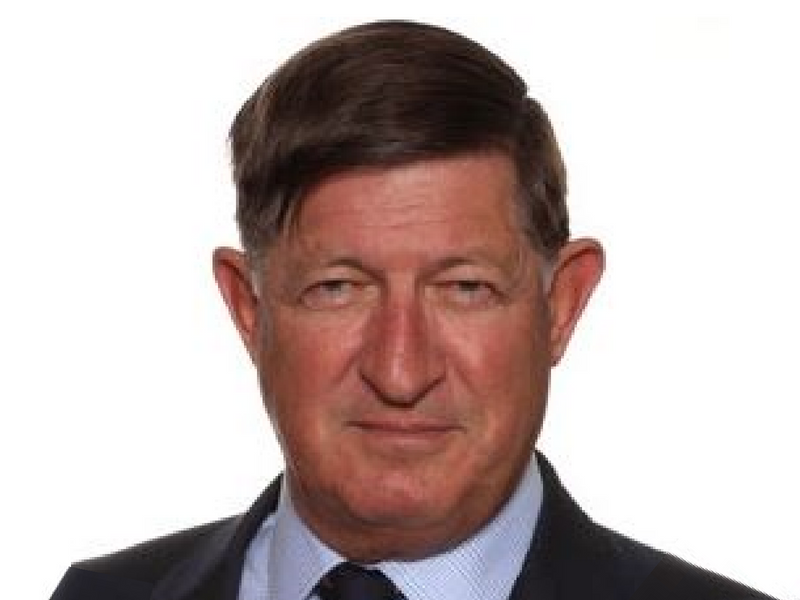
William Houghton QC's Story
IMCL Founder
Victorian QC William Houghton has over 36 years’ experience as a barrister in the area of commercial, media and administrative law with particular expertise in competition and regulatory law, defamation, suppression orders and contempt law, and was one of the founders of North Melbourne Legal Service – or what we know today as Inner Melbourne Community Legal Service.
Mr Houghton recalls the genesis of North Melbourne Legal Service, as there was nothing in North Melbourne except a social service centre at the local Uniting Church.
“We originally set up at the Uniting Church hall on several evenings a week, before we got our own premises. But there was certainly a need for it – there were no legal services operating in that area, and Fitzroy Legal Service was pretty well at capacity,” explains Mr Houghton.
The founders were all article clerks, young lawyers at city law firms practising in commercial litigation and corporate work – all with a desire to give something back to the community.
“We barely knew what we were doing, let alone having to give advice to people who came in off the street. But I suppose it was a sense of altruism, of doing something useful and something different from what we were doing during the day.”
The early mission of NMLS, explains Mr Houghton, was to meet the huge demand for a legal service amongst people who couldn't afford those services, and who couldn't otherwise avail themselves of legal aid.
“We had people pouring through the door who were obviously either unemployed or had low income jobs, like all the mothers with little children who didn't have the opportunity to work. All our clients were underprivileged.”
The group certainly faced obstacles early on with funding, with filling in forms and general bureaucracy, trying to persuade Commonwealth public servants that their money would be well spent.
“Just persuading them as to what a CLC was, what we wanted to do, how we wanted to employ staff, and how we really wanted to have a daytime presence (which meant paying people rather than just a part-time volunteer night-time presence).
Mr Houghton recalls it being the small satisfactions that made establishing the legal service so rewarding.
“It might have been as small as writing a letter to someone saying 'the motor vehicle crash wasn't our fault, and if you want to sue us, go right ahead' – and knowing that in the end, the other party dropped the claim. Or in criminal matters, knowing that your client didn't go to jail because we were able to get a barrister at either a no-fee or low-fee to represent them, and get them a better outcome.
“It gave us a sense of satisfaction in being able to assist a client.”